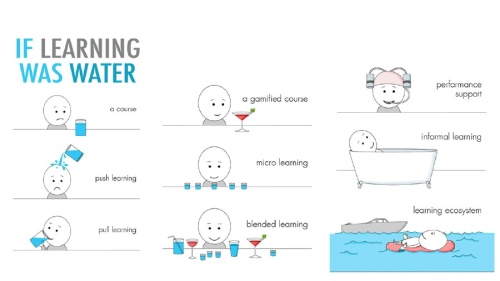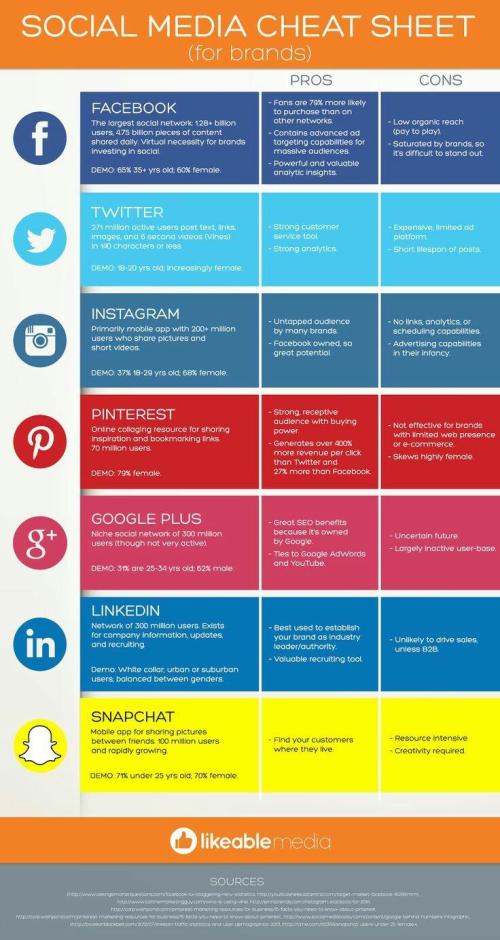This is the first of a series of posts that aim to be a guide to some tools for self improvement. These applications all share some common themes, firstly they all follow a process known as Gamification. This is the application of the gaming reward principles used in a non-game environment, the hall marks of such an approach tend to be the awarding of achievements for progress and “levelling up”.
The first post on Duolingo can be found here.
Today we will be looking at Habitica.
In the past I have tried various different methods in order to organise myself, prioritise my tasks and schedule my week. This has taken several forms that, if you’re anything like me, I’m sure you will recognise.
I’ve had the full year wall planner above my desk, complete with colour coded stickers. I’ve written lists on bits of paper that are inevitably lost and only found months later. I’ve tried spreadsheets of to-do lists, that I never updated, and a check list in Microsoft OneNote on my phone, that I updated but never completed.
It wasn’t until I was looking into the concept of Gamification that I came across what is one of my favourite new applications, Habitica.
Overview
Originally named HabitRPG, Habitica is an amalgamation of a to-do list, a calendar and a straight up RPG (Role Playing Game).
Upon joining you have to customise two things, your character and your tasks. The tasks are split into three sections, Habits, Dailies and To-Dos.
Before getting into the technical details of the different types of tasks you can set I want to focus on the aspect that makes the site so exciting, the RPG elements.
When you create your account you also create an Avatar, in a gloriously retro pixel art style. This avatar is the character that you are working towards leveling up.
For each Habit that you complete, regardless of the type, you are awarded experience points and money (in character money only!). This allows your character to level up and to buy gear to improve your characters statistics, much like a normal RPG setup. This immediately adds a carrot to motivate you to complete your habits, but what about the stick?
For every daily task that is uncompleted or for any negative habits your avatar takes damage. With a health bar of fifty points, this can vanish before you even realise. Death means that your character loses a level and you use one piece of the equipment bought for your character.
Introducing Multiplayer
Habitica has so far provided you with a carrot and stick to become more effective in keeping up your habits, but there is another level that really brings it into its own class. This is where that most powerful of motivators comes into play, accountability. Once you have your character you can form a party. A party is a group of players that combine to complete quests.
A quest is normally in the form of a “Boss”. Each day, every habit or to-do that you complete is tallied and, at the end of the day, deals damage to the boss. However, every uncompleted daily or bad habit will cause the Boss to deal damage to the entire questing party! There’s nothing quite as motivating like having to complete that last thing on your list so that you don’t have a large group complaining at you the next day!
I’ve joined a group with complete strangers and have found this to work perfectly as motivation, but I can imagine that being held accountable by friends, relatives or colleagues would lead to even better results!
There are plenty of other aspects to the “Game” side of Habitica, such as pets, potions, customised rewards and guilds, but these aspects are better explored than read about. Suffice to say that there are plenty of collectibles to keep you interested!
Habit Types
From a productivity point of view, Habitica is essentially a To-Do list. Each habit fits into the three categories previously mentioned, Habits, Dailies and To-Dos.
Dailies are the basis of the RPG element and are the items that I am most motivated to complete. These are tasks that you have set to be completed on set days of the week, this can be any combination of days of the week or even be set to repeat after a certain number of days. A daily that you haven’t ticked off by midnight will deal damage to your character and your questing party, so these naturally become your priority.
Habits are for those items that either happen multiple times a day, or more infrequently. These can be set up to have both positive and negative consequences, but there is not automatic cut off time for these to be completed. An example of a habit I have entered would be a simple “Eating Healthily”. This has both a positive and negative option and after a meal I judge whether I think it was healthy or not and award myself the appropriate prize or punishment.
The final type of task is a To-Do. These are for longer term items and one-offs that you need to complete. These have a simple check box to mark their completion and award you the experience and money bonuses when they are completed. There is no negative side to these.
Additions
As well as the additions to the RPG side of Habitica, there is much greater scope for the customisation of goals than I have the space to write about above. This includes the ability to turn a single task into a checklist of smaller tasks, customisable difficulty levels for each task that affect the risk and reward received and challenges issued by guilds that can add tasks to the list of anyone that signs up.
Habitica also operates a colour coded system for every task, from red for bad to blue for good, on every single habit or task which allows you to see at a glance which areas you will have to improve on.
All in all, this is a fantastic site. It is an open source project and completely free to use, and with applications for Android, iOS and even Windows Phones it is truly universal and easy to use.
The only downsides that I have found so far are that the mobile applications have a limited functionality when compared to the website and that the website itself has problems loading on certain machines and browsers. However, as a non-profit that is constantly improving itself I have no doubt that these issues will be resolved and if you’re too impatient to wait then contact them and help!




